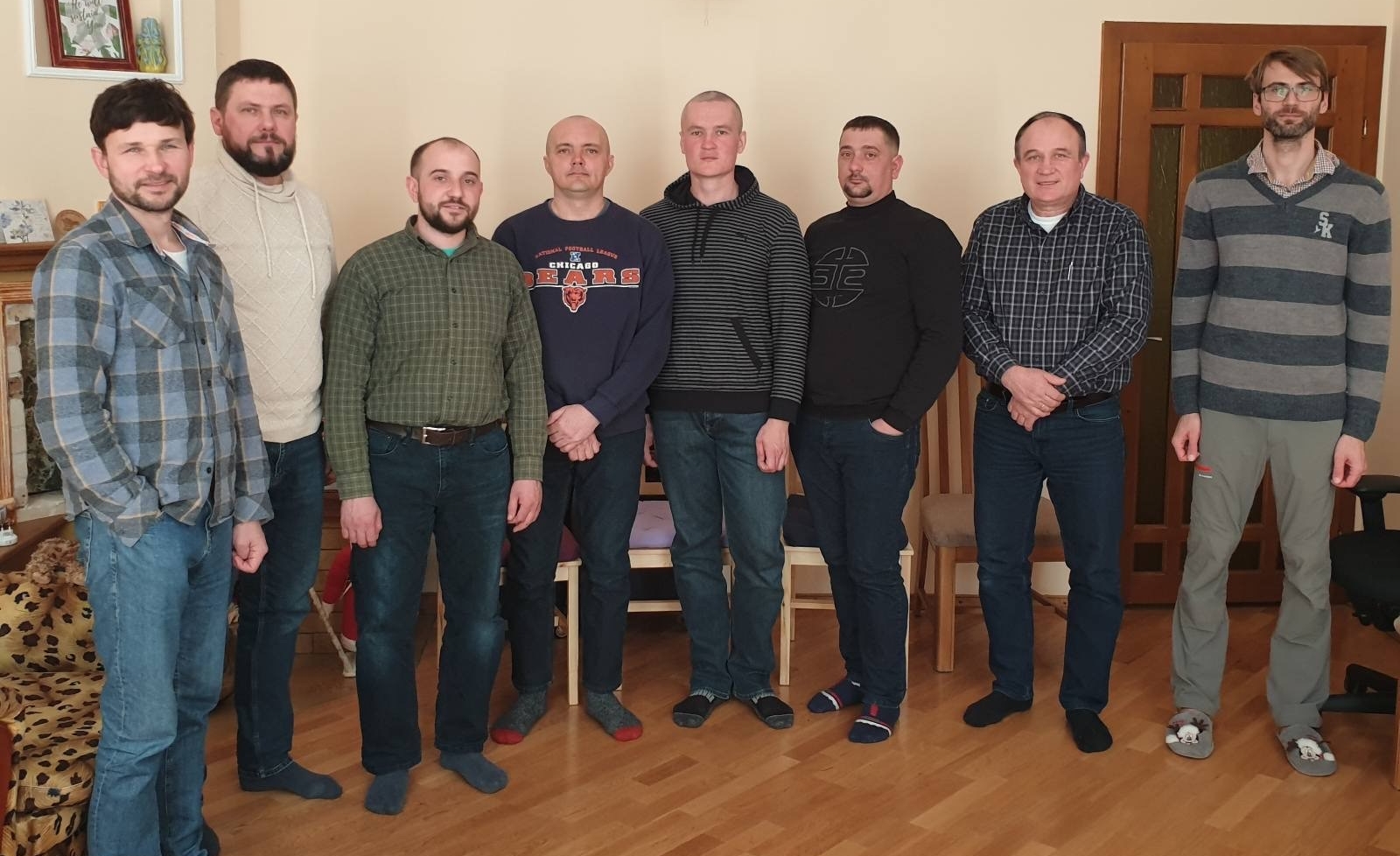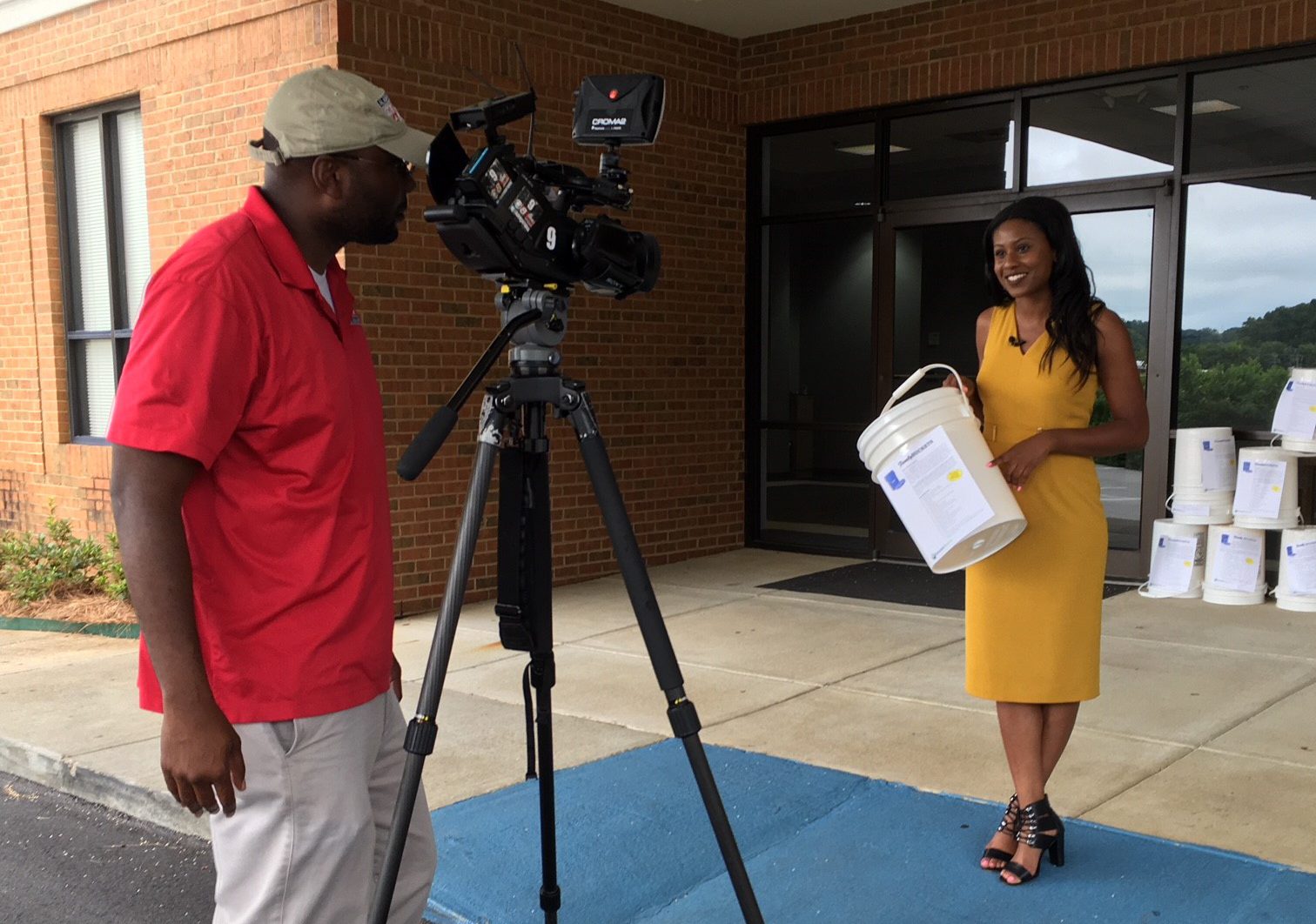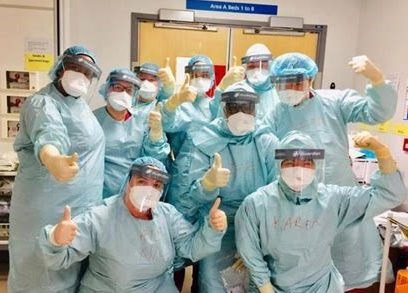
There is no place like “home.” At “home” you find security, rest, love, comfort and many more positives impacting soul, spirit and body!
The trite saying, “Home is where the heart is” simply does not work. There is truly no place like “home.”

The situation with internally displaced people (IDP) is traumatic on every level. Families are suddenly rushed away from their homes and able to carry with them only a few cherished possessions. The realization that everything left behind is devastating to the parents but unrealized to the children. The child’s innocence repeatedly asks, “When are we going home?” And the parent’s pain is felt in knowing they will probably never go home again. For many their homes have been blasted into rubble.
These IDP are located throughout Ukraine. They number over two million. They represent the tragic devastation to the economy and community. For many the uncertainty adds to the traumas.
 These are bombarded with stress on all levels of humanity—physically, emotionally, economically, psychologically and spiritually. You look in their eyes and there is a sorrowful hollowness.
These are bombarded with stress on all levels of humanity—physically, emotionally, economically, psychologically and spiritually. You look in their eyes and there is a sorrowful hollowness.
 Today I was taken to Makaky, Odessa Oblast where some items from our containers have been distributed to a displaced people’s location. There are approximately 150 families present at this location. Some have been here for a year. When I first arrived I met Luda who was from Gorlovka until the Russians began shelling the city.
Today I was taken to Makaky, Odessa Oblast where some items from our containers have been distributed to a displaced people’s location. There are approximately 150 families present at this location. Some have been here for a year. When I first arrived I met Luda who was from Gorlovka until the Russians began shelling the city.
Later I met Sasha as he and another man were building a barn to house cows and other farm animals. Sasha and his family were also from Gorlovka here he worked as a miner before being drive out by the invasion and occupation. Sasha’s family has also been in Makaky for a year.

The location is in Odessa Oblast but about one hour from the city so it is out in the country. An old abandoned dormitory was used to house the influx of displaced people. For over a year they have tried to make the location a “home.” All that I spoke with say they will never return to the east because there is still shooting and the area will be unsafe for a long time due to the Russian sponsored terrorists. They have settled into the life of the country and are working hard to put in gardens and raise animals for their food sources. There is a canning facility nearby and they have been told they can go and use it without charge to can food commodities for the winter.

They are in the process of building a barn for milk and beef cows, goats, and pigs. They already have a chicken house. Neighboring farmers have donated the materials for the barn and when it is completed they will also donate livestock.
A number of families were present when I visited today but there were also a number away. A group of children were outside playing. The chickenpox had made its presence and many of the children had scabs from that virus.
 As we arrived we were taken into the cafeteria where all meals are eaten. It is a large area like a school lunchroom. This group has its own worship and so the cafeteria serves as their meeting place on Sunday.
As we arrived we were taken into the cafeteria where all meals are eaten. It is a large area like a school lunchroom. This group has its own worship and so the cafeteria serves as their meeting place on Sunday.
As soon as our arrival was spotted we were offered tea and soon there appeared fresh baked sweet cakes that you spooned condensed milk onto and then enjoyed! As we were eating the sweet cakes we were asked if we wanted some oatmeal cooked in milk and it was also delicious. They must have used pure cream because the taste was soooo good.
I talked with two men who are the “managers” of the community. One, Michael was also from Gorlovka and the other was Lenoid who had fled Crimea. Leonid said that the reports that 98% in Crimea wanted to join Russia was all propaganda. He said there was only a small minority that wanted to join Russia and the vote was no what had been announced. He talked with sorrow about how he felt betrayed and abandoned because no one seemed to be concerned about Russia’s seizing Crimea when International Law even announced that it was wrong.
 After visiting the IDP location we returned to the city and spent the afternoon with the Bishop of a congregation. It was a really interesting and enjoyable visit and discussion. The congregation had been founded in the 1920s by a family that had come from New York. The preacher was imprisoned in the late 1920s and executed by Stalin’s oppressive government in the 1930s. The preacher’s wife was imprisoned and died there. After Stalin’s oppression began the church went underground until the late 1980’s when the USSR began to allow open religious expressions. Today the church is about 1,500 members.
After visiting the IDP location we returned to the city and spent the afternoon with the Bishop of a congregation. It was a really interesting and enjoyable visit and discussion. The congregation had been founded in the 1920s by a family that had come from New York. The preacher was imprisoned in the late 1920s and executed by Stalin’s oppressive government in the 1930s. The preacher’s wife was imprisoned and died there. After Stalin’s oppression began the church went underground until the late 1980’s when the USSR began to allow open religious expressions. Today the church is about 1,500 members.
The present meeting house has an interesting history. Prior to Stalin’s oppression it was a small church building for “Believers” who were undenominational. After Stalin imprisoned religious adherents the building was turned into a museum of communism and then into a museum of atheism. But TODAY the first structure is surrounded by a large religious meeting place! I told the Bishop that story reminded me of Voltaire’s boast that he would destroy the Bible’s presence before he died but after his death his house was used as a storehouse for printed Bibles that would be distributed throughout Europe!
In our discussion it was interesting to hear the Bishop describe how the church operated under autonomy and the Scriptures. He described their organization and worship and concept of salvation.
The church is assisting the IDP and doing all it can to help ease the traumas. The Bishop told me that they accept the IDP as they are understanding that many have no religious training or knowledge of the Bible because many are Orthodox and do not read the Bible but follow the Priests. He said that they welcome the refugees and teach the Bible and then if they accept the Word of God and believe and are immersed then they are recognized as being saved. But he said they do not pressure any to do these things as it is a personal choice.
For several hours we discussed various matter and I was invited to return and preach a series of lessons on following the Bible’s way. This is another amazing opportunity that has surfaced!
The evening was spent talking to two men about establishing a hospice center. One of the men could be described as an Oligarch because of his great wealth. We were entertained at a private community that he had planned and inside a hotel/medical facility that he has designed and constructed. His life’s story is most interesting and the more you read about him the greater the respect for him grows.
He served in the Soviet Air Force as a pilot of a bomber. He served in Angola, Afghanistan (twice) and many other places. He is very concerned about the welfare and available treatment of the dying elderly. He stated that the current crisis in Ukraine was avoidable if people had only talked and not relied upon selfish motivations. It was another very good conversation and exchange of ideas. I believe that many reading this report would totally agree with his comments.
Please continue praying for our efforts!
John L. Kachelman, Jr.
Odessa, Ukraine






You must be logged in to post a comment.